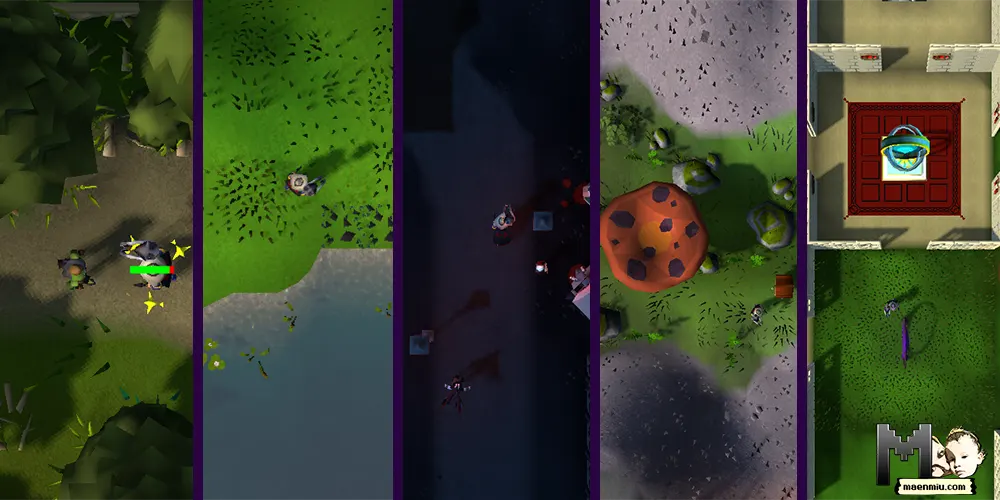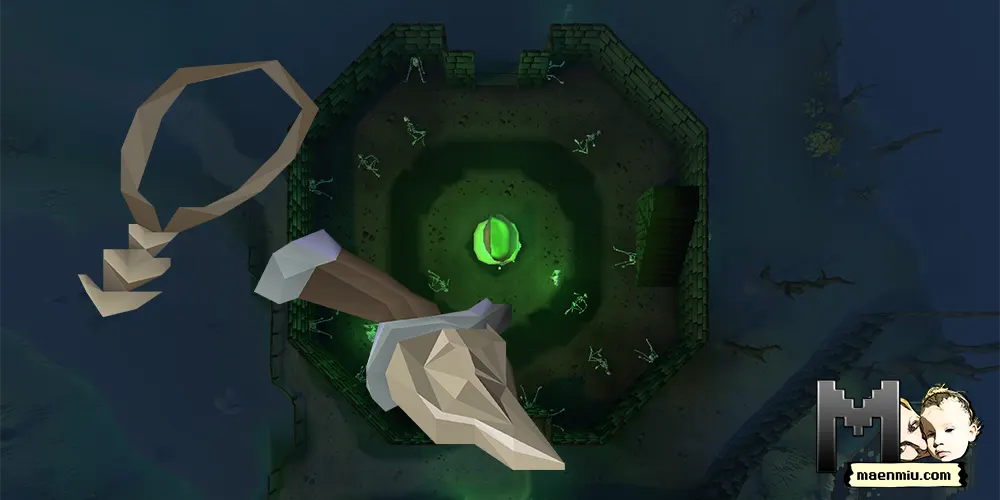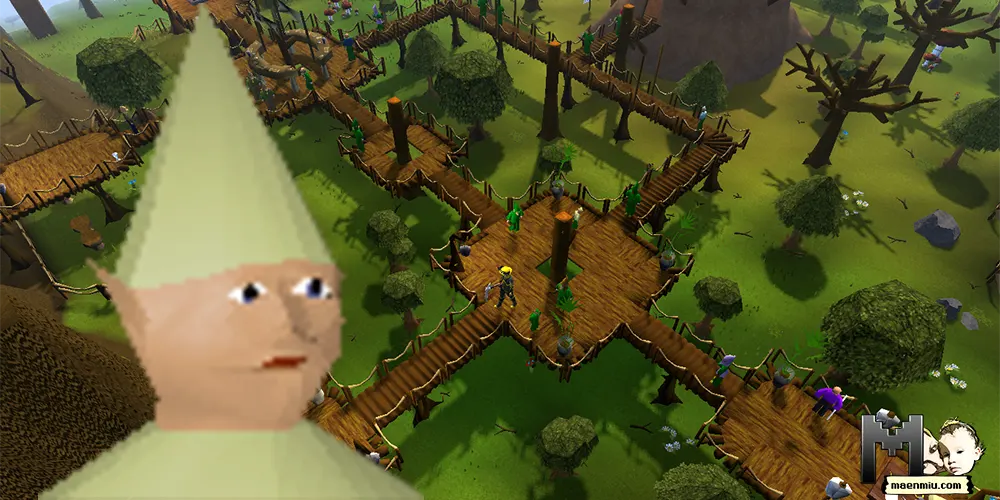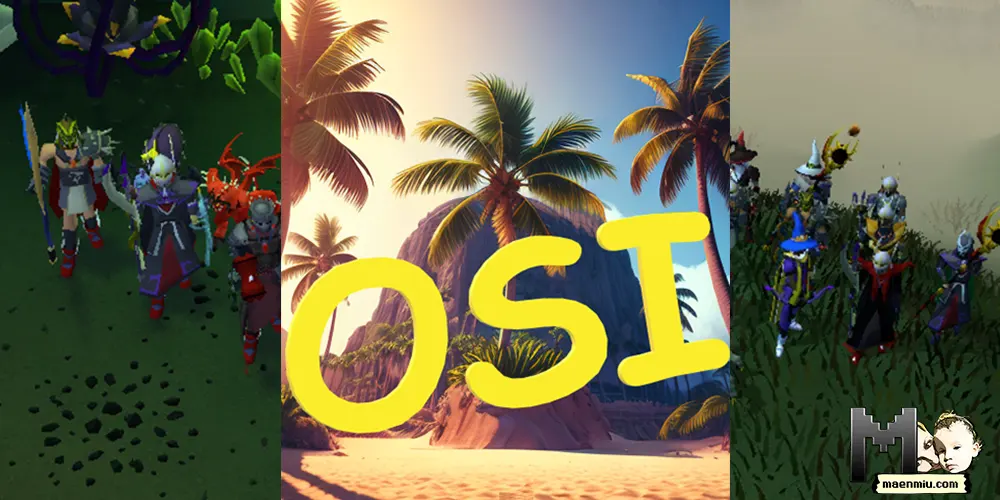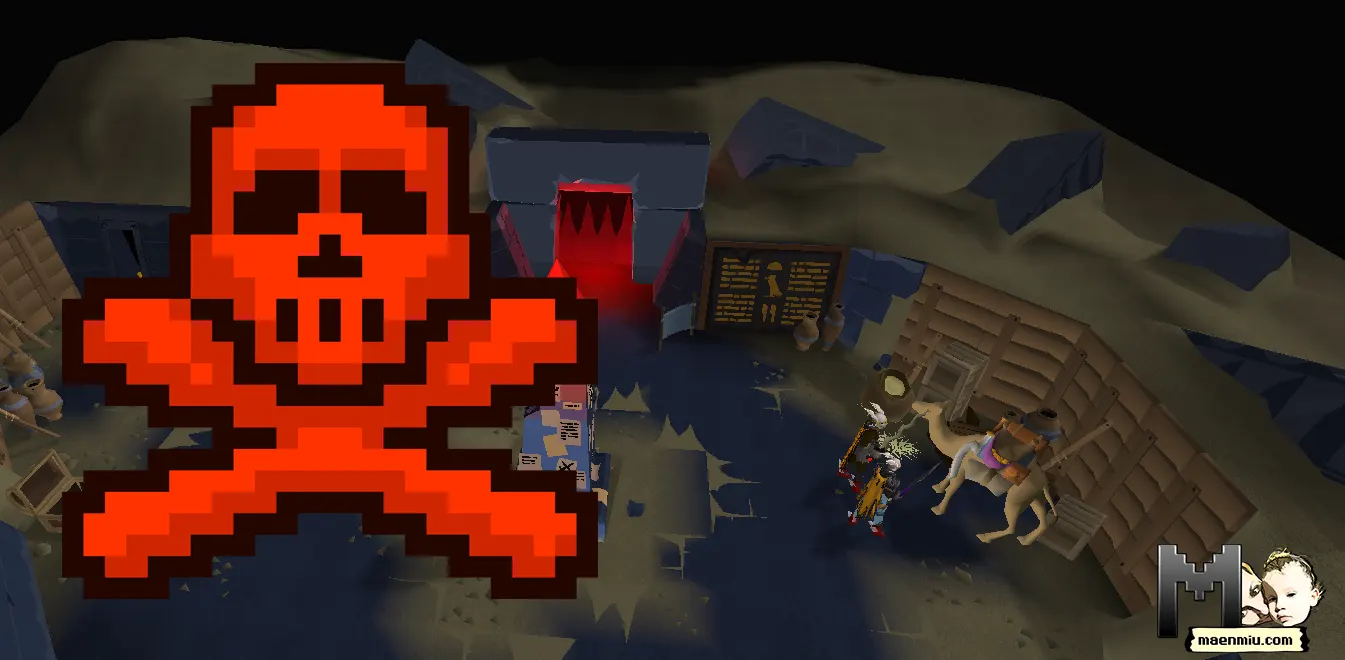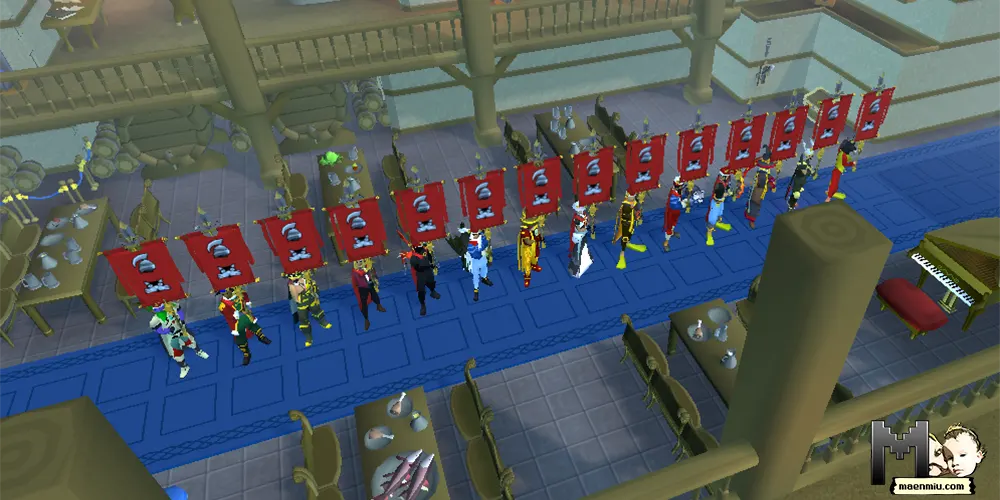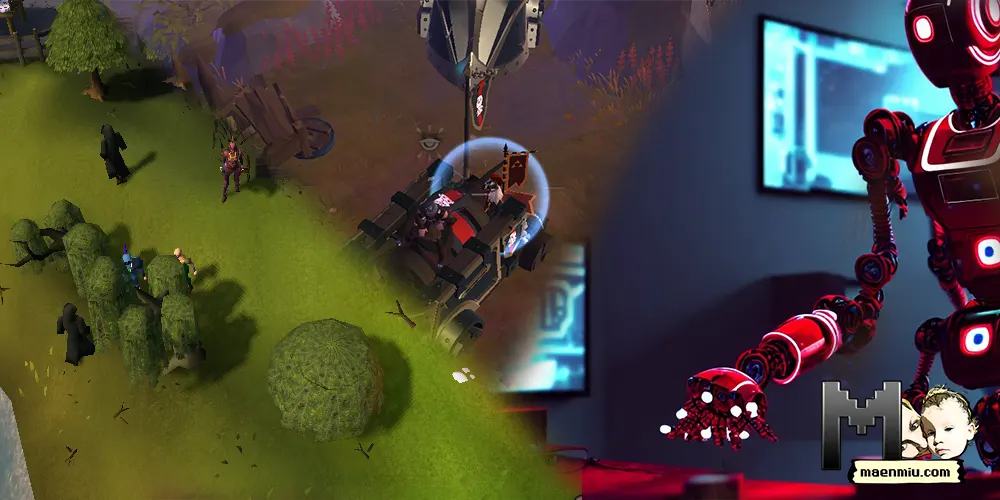
The question of what differentiates human intelligence from artificial intelligence (AI) has stimulated much debate among scholars, scientists, and thinkers. While numerous factors distinguish humans, other factors blur the lines between what’s human and what’s AI. An intriguing point of distinction is the concept of “play”. Unlike humans, AI, in its current state, lacks the natural ability to play, in terms of both leisure activities and the creative, imaginative exploration that characterizes human play. However, with the rapid advancements in technology and AI, this could change, potentially enabling AI to participate in complex, open-world games such as Old School RuneScape.
You might like
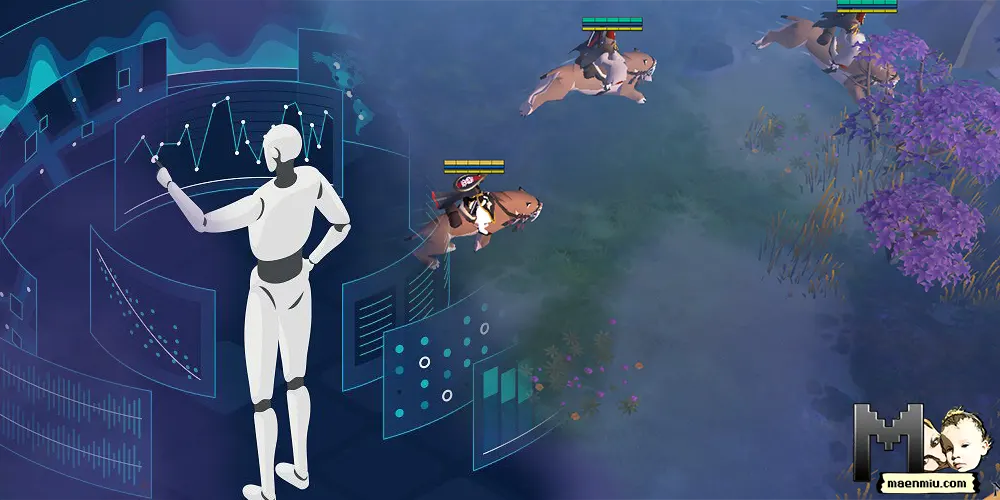
Understanding Play
Play, an essential part of human life, is not solely a form of entertainment; it is also a critical aspect of the cognitive, social, and emotional development. This simple yet complex behaviour, often taken for granted, contributes to the problem-solving skills, creativity, empathy, and adaptability specific to humans, but which are not far from AI in nowadays context. We simply learn the best through play. Whether we are engaging in a playful debate, experimenting with ideas, or losing ourselves in the open world of a game like Albion Online or OSRS, we are learning, growing, and expanding our understanding of the world and ourselves. I’ve even written about skills that we learn from RuneScape and which can greatly help IRL.
To go even further, in a game like RuneScape, the play isn’t just about the mechanics of the game. It’s about the human interaction, the friendships and rivalries that form, the economy and politics, the shared experiences and stories. It’s an example of emergent gameplay, where the most memorable events are often unscripted, unplanned, even though many actions are predictable, and a result of players interacting with each other and the game world in unexpected ways. But how would an AI interacting with the game world achieve the same level of unpredictability a human does.
AI unpredictability
Creating AI that mimics human unpredictability in games, like Old School RuneScape (OSRS), is a challenging yet achievable task. The fundamental principle is that AI must be trained to respond to a wide variety of scenarios in non-deterministic ways, allowing for a range of decisions instead of a single, predetermined response. Here are a few potential approaches:
Machine Learning Algorithms
These can be used to learn from the behavior of human players. For example, by observing and learning from a large dataset of human players’ interactions with the game, an AI can develop strategies that aren’t purely deterministic. The use of reinforcement learning, a subfield of machine learning, can also enable the AI to learn from its actions based on a reward system, contributing to less predictable behavior.
Generative Models
Generative models can produce new, unexpected outputs. An AI can use generative models to create strategies and actions that deviate from set patterns. For instance, GANs (Generative Adversarial Networks) could potentially be used to generate novel game strategies.
Incorporating Randomness
Introducing a degree of randomness into the decision-making process of the AI can make its actions unpredictable. This should be done carefully, as too much randomness can lead to nonsensical or inefficient behaviour.
It’s important to remember that despite these approaches, AI still operates within the limits of its programming and training, and perfect human-like unpredictability may not be fully achievable right now, even though google has recently released bard, an AI who can write code, so it’s just a matter of time till AI learns how to create AI.
Current AI Limitations in Play
Current AI models, even the most advanced ones, are fundamentally different. They are excellent at tasks that involve patterns, repetition, and clear rules, but they struggle when the rules become vague, the goals are not well-defined, or when creativity and imagination are required. When an AI plays a game, it is essentially running calculations to maximize its score or achieve its pre-defined goal. It doesn’t “enjoy” the game, nor does it experiment with new strategies unless it is programmed to do so.
Additionally, AI doesn’t form emotional or social connections. While it can simulate social interaction to a certain extent, it doesn’t truly understand or engage with the complex web of human relationships. It doesn’t feel joy, frustration, camaraderie, or betrayal, all of which are integral to the human experience of play, especially in socially rich, open-world games like RuneScape.
The Future of AI and Play
However, with advancements in AI research and development, it is possible that AI’s capacity for play could evolve. Imagine an AI sophisticated enough to understand the intricacies of a game like RuneScape—not merely as a set of game mechanics to be mastered, but as a living, breathing world with its own culture, history, and player-driven events.
This would require significant leaps in a variety of AI technologies. AI would need to understand natural language processing far beyond its current capacity, as RuneScape and games like it rely heavily on player communication. It would need an advanced form of decision-making, one that doesn’t merely calculate the best move but can evaluate options based on the nuances and subtleties of the in-game situation.
In this potential future, AI could, theoretically, participate in the Old School RuneScape’s economy, engage in quests, and even contribute to the game’s emergent storytelling. Maybe the AI would even be interested in answering poll questions. This AI wouldn’t just be playing RuneScape—it would be experiencing it, similarly to how humans do.
The difference between human and AI play provides a unique lens through which to examine the divide between human and artificial intelligence. Yet, as our technology continues to evolve, the line between them may become increasingly blurred. Whether AI will truly play in the human sense, immersing itself in the world of RuneScape or another game with the same emotional investment, curiosity, and creativity we do, remains a captivating question to explore in our future.
Further read


